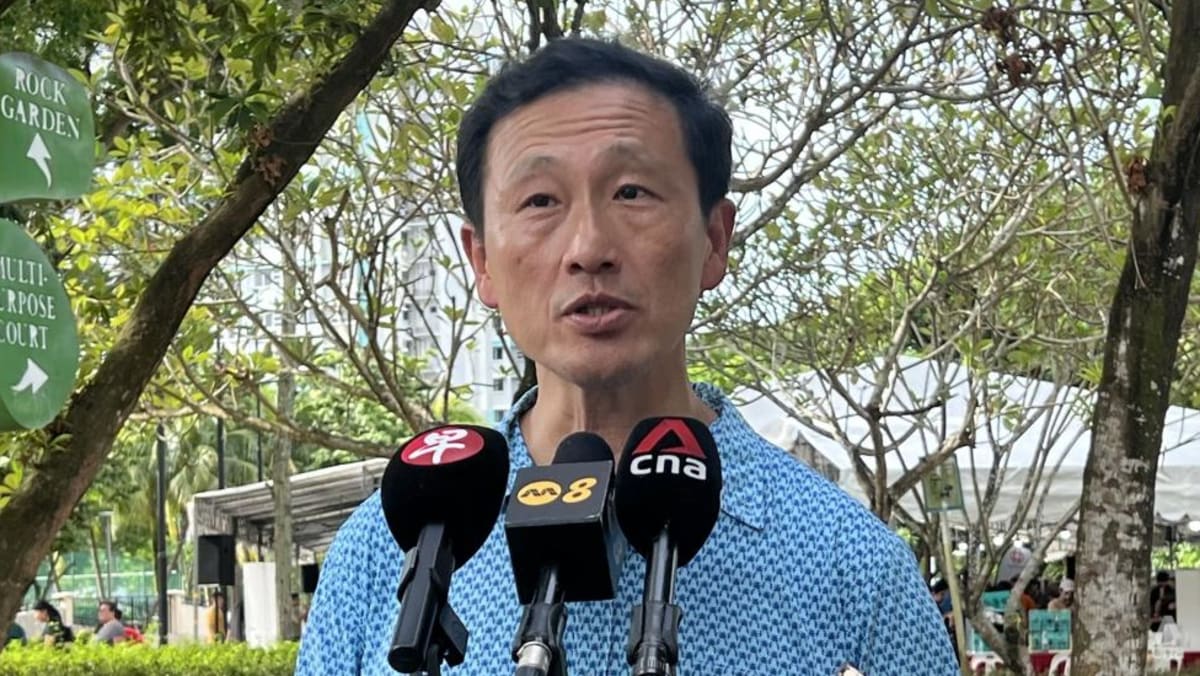SINGAPORE: Singapore’s intensified crackdown on vaping is unlikely to result in more youths choosing to smoke cigarettes instead, Minister for Health Ong Ye Kung said on Saturday (Aug 30).
Asked if that might happen, he pointed to falling smoking rates in Singapore: A survey by Milieu Insight showed that 9.5 per cent of people smoked regularly in the fourth quarter of 2023, down from 10.5 per cent in 2022.
Of those who smoke, most are older adults who already do so out of habit, said Mr Ong. “I’m very sure without vaping, young people wouldn’t be smoking. It’s just not cool.”
He also addressed a common question he has received, on why cigarettes are not banned given the impression that vapes are less harmful than cigarettes.
“Actually, it’s not. Because cigarettes, if you smoke a stick, the stick actually finishes,” he said. “But vapes, a pod can last you a whole day or even three days.”
Vape pods seized by the Health Sciences Authority were found to contain as much nicotine as four packets of cigarettes, said Mr Ong.
He said that with what is now known about the harmful effects of cigarettes, they would probably also be banned if newly introduced today.
“There are harmful products out there. Some are already entrenched in our culture and our society; it’s difficult to turn around,” he said. But this does not mean that new harmful substances introduced should not be banned, Mr Ong added.
He was speaking on the sidelines of a community event in Woodlands, after Singapore announced earlier in the week a slew of tightened enforcement measures against vaping.
Some of these, which will take effect from Sep 1, include listing etomidate – the anaesthetic agent found in Kpods – as a Class C drug in the Misuse of Drugs Act.
First-time offenders aged under 18 will face an increased fine of S$500 (US$389), while those older will be fined S$700.
Repeat offenders must attend rehabilitation for three months. First-time Kpod offenders must attend rehabilitation for up to six months.
On how the rehabilitation programme for vape users will differ from those for drug ones, Mr Ong said the former group will primarily be attended to at the Institute of Mental Health.
“In the case of Kpods … we are giving young people a chance,” he said. “It’s still a required rehab program that you must attend. If you don’t attend, we will have to charge, you will end up (being) treated like a drug addict.”
During the rehabilitation process, offenders will report weekly to IMH and participate in counselling, peer support and medical tests – a programme already implemented for addiction management.
Mr Ong also acknowledged that before the clampdown, Singapore’s handling of individual Kpod cases was “not ideal.”
But once they realised that drug-laced vapes were gaining momentum, it took a few months to “stitch together” all the processes, protocols and facilities to deal with the issue.
“But I think we’ve done it. We did it as fast as we could. I still have to reiterate, the fortunate thing is that we banned vapes from the start,” he said.
